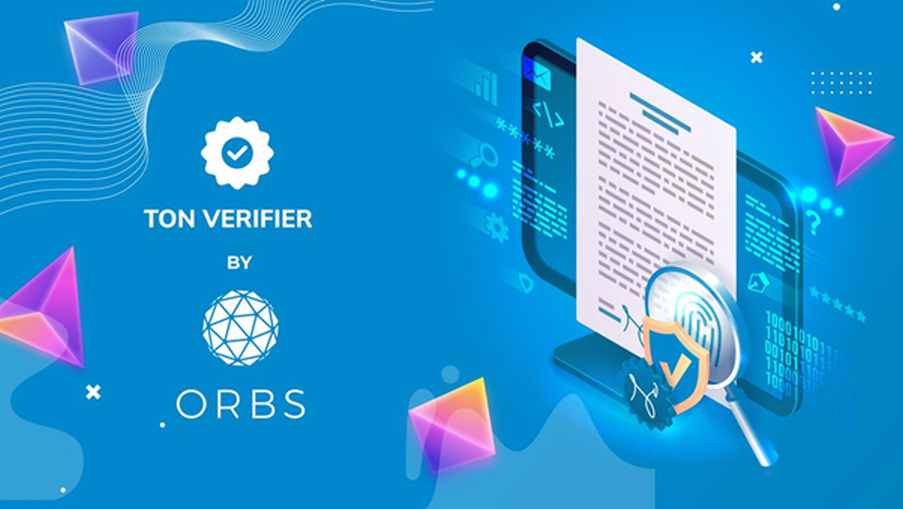Blockchain startup Orbs launches the TON Verifier to verify the ecosystem’s smart contracts code

It has been four years since we last covered Orbs, a blockchain platform that serves as a decentralized execution layer between existing layer-1 and layer-2 chains and the application layer. Back then, Orbs raised $118 million to fund the development of its blockchain platform for large-scale consumer applications. A lot has changed since then and Orbs is now a leading Layer-3 blockchain solution.
Today, Orbs announced the launch of its TON Verifier. The open-source application lets users who write code for The Open Network (TON) chain publish their verified source code.
The TON Verifier marks a big step in bringing more transparency to the TON chain. Its potential for smart contracts is undisputed, yet users and developers aim for better accountability. Moreover, transparent and verified source code makes assessing the integrity of contracts straightforward.
Decentralized environments like the TON chain thrive on being trustless. However, users must still trust the code they interact with. Verified source code is one way of achieving that goal without friction. Orbs’ TON Verifier is a powerful tool when dealing with financial balances, transactions, accounting, etc.
The potential of smart contracts is very promising, yet humans write the code. A developer might want to change the code once their contract has been used to deposit funds. Another common threat is the backdoor in the contract, enabling culprits to drain the contract and its belongings. Conducting due diligence is paramount for users and developers. With TON Verifier, anyone can match the contract’s source code to the bytecode on-chain.
Through the new tool by Orbs, developers can upload smart contract source code and include a signed proof to ensure it compiles to the on-chain version. Contracts are verified through the app, which compiles and verifies the source.
If everything checks out, the app will receive a BoC, which the user can send to the verifier and sources registries. Should the compilation fail or there is a hash mismatch, users will receive suggestions to acquire the correct hash.
Orbs takes a decentralized approach to ensuring smart contract integrity. With its TEP-91 solution, users don’t need to rely on the Orbs-run backend. Instead, everyone can spin up a verifier, register it to the registry, and assign their backend. All sources are stored through IPFS, with later migration to TON storage.
The TON Verifier by Orbs is a big step in the right direction to establishing trust and transparency. However, verified source code doesn’t always negate every risk. Users still need to conduct due diligence while analyzing code and its potential implications, regardless of matching on-chain bytecode. To that end, users can flag potentially misleading code to warn others about risks.
Orbs remains committed to the TON network and its future success. The team recently introduced Minter, used to deploy alt-tokens on TON. That project has given birth to nearly 500 tokens, expanding the ecosystem’s growth and appeal. Orbs builds tools to improve transparency and security for developers and users.
Founded in 2017 by three veteran entrepreneurs: Tal Kol, Uriel Peled, and Daniel Peled, the trio has experience building consumer applications including successful acquisitions of Alibaba and Wix.com. In order to achieve their goal of building a blockchain for consumer apps, they’ve recruited over 60 employees from leading startups and academic institutions.

